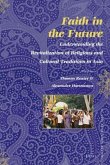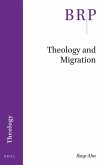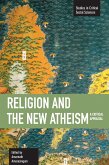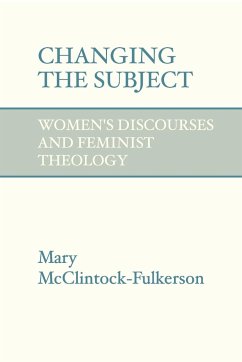Migrations are contested sites of identity negotiations: they are not simply a process of border crossings but more so of border shiftings. Rather than allowing migrants to swiftly move across stable borders from one clearly defined identity to another, migrations question and renegotiate these very identities. Migrations undermine and re-establish borders along which the identity of migrants (and also that of the supposedly settled population) are constituted, and, as a discourse, migrations serve as a contested site of negotiating identities. Migrations reveal the negotiable character of identities - and representations of migration are themselves a hotspot in contemporary identity constructions. What can theology contribute to the negotiations on migration? The contributions of this volume work towards a reading of migration as a sign of the times. Together, they offer "steps towards a theology of migration." They show that migration calls for a new way of doing. A theology that is exposed to migration as a sign of the times is drwan into the shifting, unsettling, and undermining of borders. This has impact not only on the discourse of migration, but also on the discourse of theology: it calls theology to move away from its search for well-established definitions (literally: borders) of its God-talk and to venture into new, uncharted territory. It loses its fixed, clearly defined grounds and finds itself on the way toward a renegotiation of what it means to believe in, celebrate, and reflect on YHWH - on God who is with us on the way.
Hinweis: Dieser Artikel kann nur an eine deutsche Lieferadresse ausgeliefert werden.
Hinweis: Dieser Artikel kann nur an eine deutsche Lieferadresse ausgeliefert werden.








